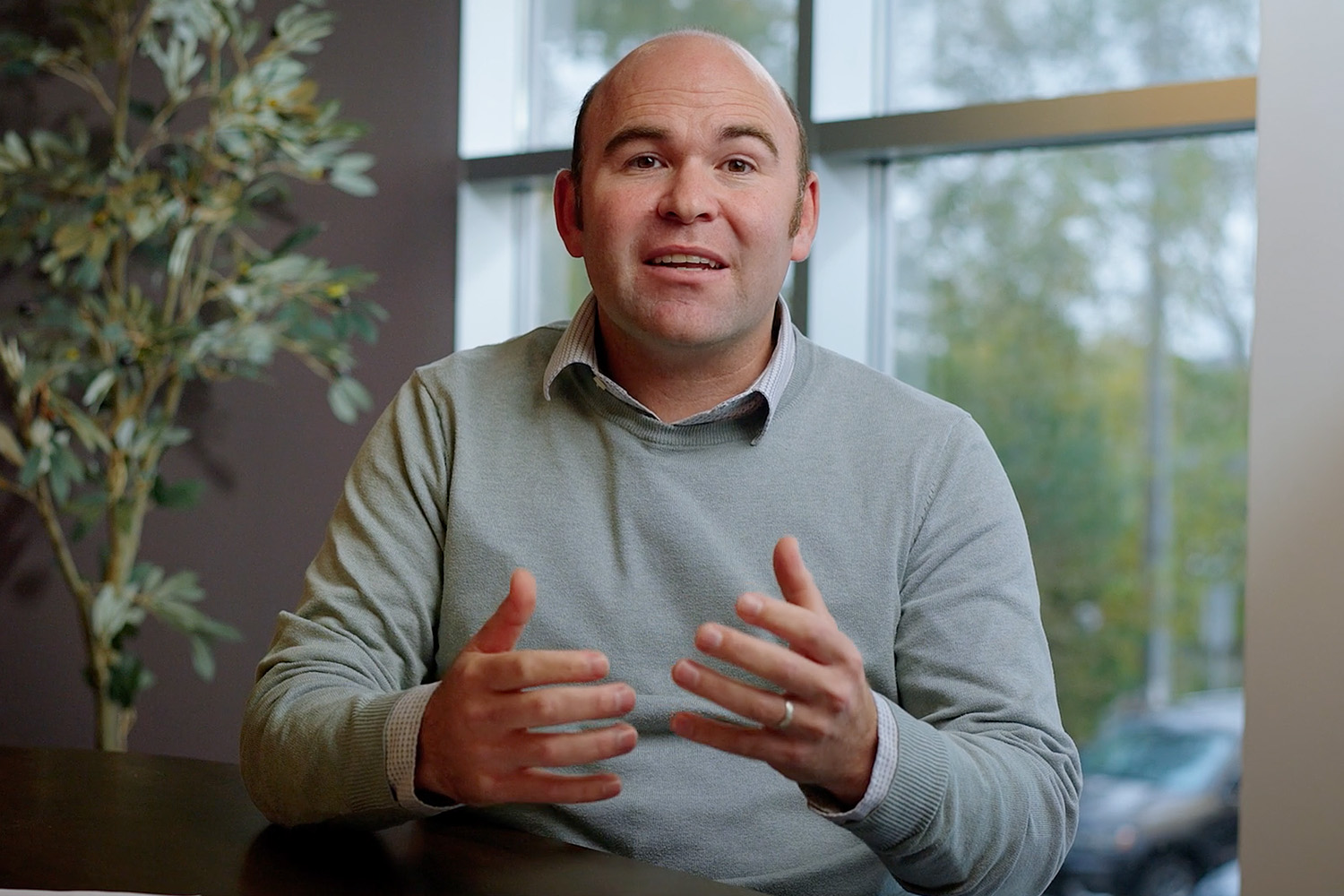When executives, high-value employees, or business owners like you plan for retirement, they find themselves maxing out the limits of typical savings. Very quickly, they realize the lifestyle they enjoy today may not be sustainable tomorrow—if the government has its way with their wealth.
Financial Planning
Starting a family is a huge decision, and you need to factor in multiple things when doing so including emotional availability, stability in life, and, most importantly, the financial considerations that go into raising a family.
Three words describe Canada’s system of fighting money laundering and financing of terrorism; intricate, rigorous, and evolving. We have the Proceeds of Crime (Money Laundering) and Terrorist Financing Act (PCMLTF), which is not only the cornerstone of the entire framework but also the legislative backbone on which government bodies and law enforcement agencies heavily rely.
Homeownership is a goal that everyone aspires to, as it offers a sense of security, both in economic terms and in sentiment. Families rest easy knowing they are in THEIR home and nobody can take it away from them.
Living off your pension is hard enough without the Canadian government taking a percentage of that income in taxes. In fact, for many pensioners, their end-of-the-year tax bill is one of the biggest ticket items or expenditures they need to worry about when planning their finances.
There is no denying that we live in a digital world today. A world that is constantly and exponentially advancing, bringing more aspects of our daily lives into its ambit with each passing day.
While retirement is a time for celebration it is also a time for reflection. Ideally, upon retiring we all want to enjoy life to the fullest, especially, after all the years of hard work and sacrifices we have made. However, all of this isn’t possible if you are getting close to retirement but still have substantial debt.
It is the dream of every Canadian to have their own house or property where they can spend the rest of their lives happily raising future generations. However, in these economically oppressing times, buying property, especially in Canada, is becoming exceedingly difficult.
The stock market has long been a way to make additional income, with some investors making significant gains on their investments. However, stocks tend to be volatile, especially in today’s economic climate.
Compound growth is an often reliable and secure way of expanding your wealth, by making an investment where the return you get grows and grows with each payout.
When it comes to investments, there’s no doubt it’s important to look at the return on investment, but when you’re considering the overall investment or enterprise, you need to think beyond that.
In this Video Quarterly Report, Matthew dives into Benchmarking and why it is important for an investment portfolio. He also provides an economic update with a discussion around a Bar chart of the 5-year yield from 1990-2011 vs 2011 to present.
If you are seeking a tax-efficient option for your non-registered investments, Corporate Class Mutual Funds might just be a gem of an investment for you. Those of you that are seeking to actively reduce your tax burden are likely already investing heavily in Registered Retirement Saving Plans (RRSPs) and Tax-Free Saving Accounts (TFSAs). However, these accounts have limitations and depending on your income level may only be able to shield a fraction of your income from taxes.
Real Estate Investment Trusts, or ‘REITs’ for short, are a great way for investors to expand their investment portfolio and include real estate, without having to own, manage, or finance any actual real estate property.
However, like any other investment, it pays to do your research and you should be aware of the dynamics of your investment. To that end, we will be discussing REITs in detail today, including what factors to look at depending on the type of REIT you’re investing in.
We’ll also discuss the benefits of REITs and some other key considerations you should keep in mind before you decide to invest.
After battling Covid19, the world today is faced with a new type of threat - an all-out inflation pandemic! Every day, we hear news of prices soaring for even basic commodities, such as food and clothing, and many families struggling to make ends meet. Almost everything today is more expensive than it once was and that is due in part to inflation.
One of the hardest decisions to make in succession planning involves choosing who to appoint as an Executor or Trustee for your estate. Many wealthy Canadians often make the mistake of appointing a family member or members as executors of their will. While this may seem like a good decision at the time many experts say otherwise.

















